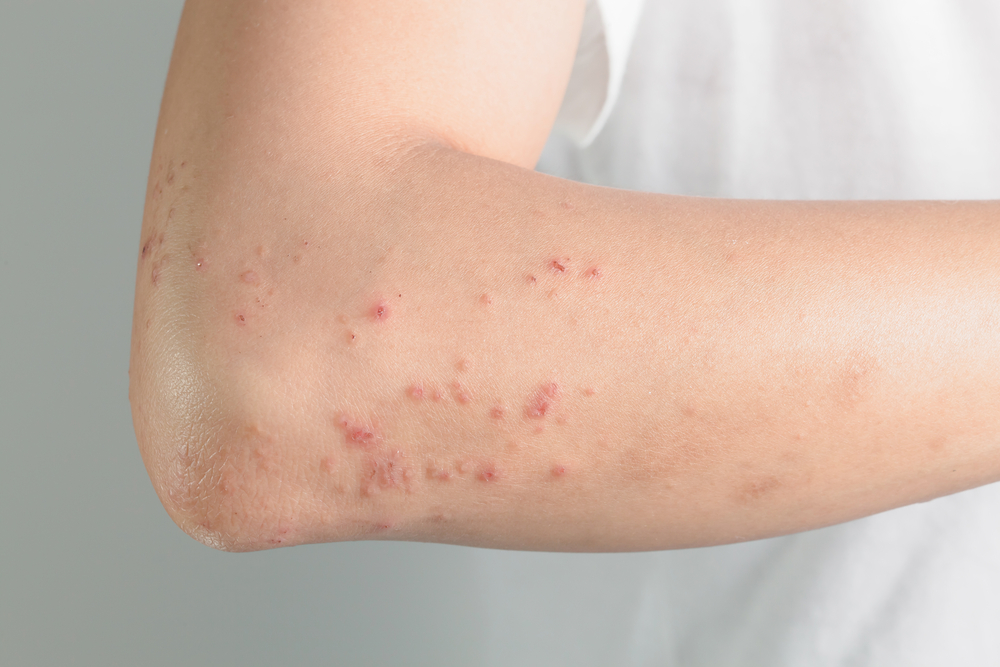People who were vaccinated for shingles (or herpes zoster) but still contracted the disease had a lower risk of developing post-herpetic neuralgia (PHN) a potentially painful and long lasting complication of the malignancy. The Kaiser Permanente study was recently published in The Journal of Infectious Diseases.
This study evidences that the shingles vaccine is still beneficial to decrease the associated risk of long-term pain even among individuals who did not became adequately immunized for the disease.
Shingles is a skin rash that can be highly painful and affects 1 in 3 adults; it results as a consequence of the varicella zoster virus, the very same virus responsible for chickenpox. PHN is the most frequent complication associated with shingles and consequent treatment to ease the pain might be necessary for several years.
Researchers analyzed the medical records of 2400 patients from Kaiser Permanente Southern California with more than 60 years of age who had developed shingles after January 1, 2007. One group of patients got the shingles vaccine and developed the condition anyway, while the other group did not receive it. A total of 4.2 percent of vaccinated women experienced PHN versus 10.4 percent of women among the unvaccinated group who developed shingles. Furthermore, among men who developed shingles, 6 percent of vaccinated men had PHN versus 5.8 percent of unvaccinated men. Scientists advance that gender-related differences might be associated with different chronic pain care between men and women.
“Our study found that the shingles vaccine has an added protective benefit of reducing the risk of PHN for a vaccinated individual who still experiences shingles” noted Hung Fu Tseng, study lead author. “This further confirms the importance of shingles vaccination for adults over age 60.”
The pain gets more severe as patients get older and it might lead to fatigue, depression and insomnia. The annual cost for shingles is an estimated $1 billion in the United States according to the Centers for Disease Control and Prevention.
In 2006, the shingles vaccine was approved by the FDA but vaccination rates remain low. “Hopefully this study will encourage more people to get vaccinated in order to reduce the long-term pain and potential disability associated with shingles”, added Dr. Tseng.

